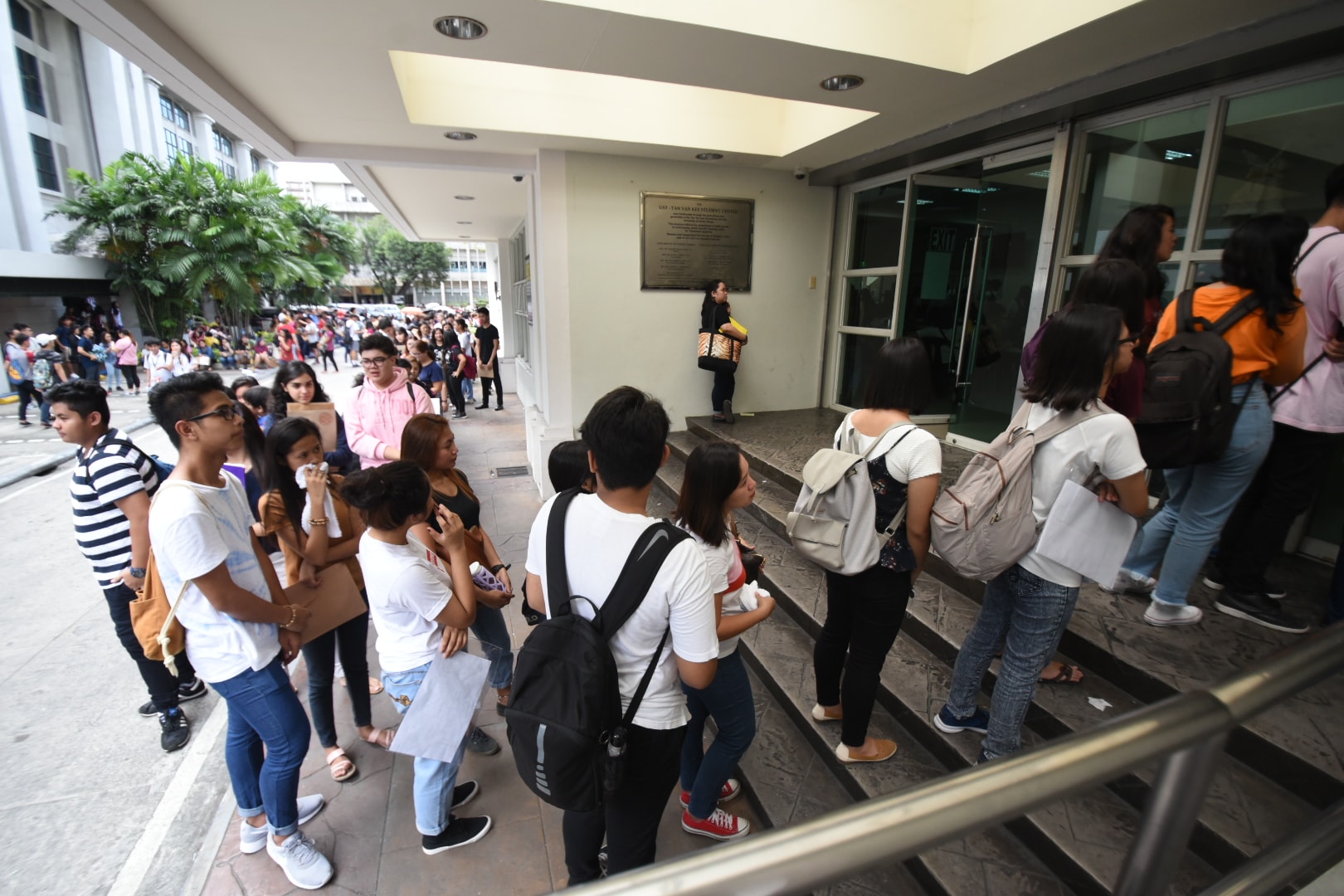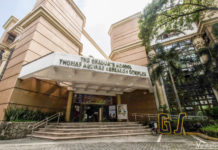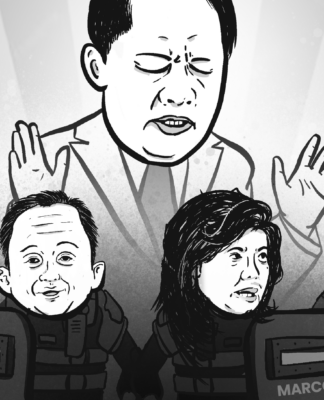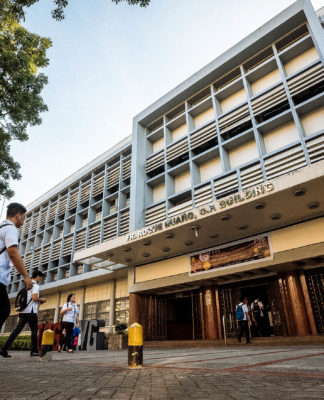AN ACT seeking to exempt impoverished top students from paying college application fees charged by private schools has lapsed into law, Malacañang has announced.
In a news release on Friday, the Presidential Communications Office said Republic Act (RA) 12006, or the Free College Entrance Examinations Act, took effect immediately after it lapsed into law on June 14.
The law was passed “in cognizance of the need to assist disadvantaged students that show potential for academic excellence.”
To be eligible, applicants must meet the following criteria:
- be a natural-born Filipino citizen;
- belong to the top 10 percent of the graduating class;
- belong to a family whose combined household income is below the poverty threshold defined by the National Economic and Development Authority (P13,797 per month as of 2023);
- apply for college entrance exams to any private higher education institution (HEI) in the country; and
- meet all requirements of the private school.
UST, a private higher education institution (HEI), charges varying application fees based on the applicant’s nationality and the schools they attended.
The USTET fee is P600 for Filipino applicants studying in local schools, those who graduated in previous school years before applying, and those who passed the PEPT, ALS, and A&E tests.
For Filipino applicants studying abroad and non-Filipino applicants studying in the Philippines or overseas, the fee is P1,000.
The USTET fee for college applicants with international credentials is P3,000.
According to the UST Office for Admissions, the University waives the application fee for college applicants from public schools in the Philippines who had achieved the highest honors in Grade 11.
Aspiring Thomasians must pay the application fee after selecting their preferred testing center, which follows the verification of their completed requirements by the Office for Admissions.
HEIs that do not comply with the provisions of the law will face sanctions from the Commission on Higher Education (CHEd).
The CHEd, in collaboration with the Department of Education and the Coordinating Council of Private Education Associations of the Philippines, will draft the implementing rules of the law.
RA 12006 is a consolidated version of bills proposed by Senators Bong Revilla, Mark Villar, Lito Lapid, Bong Go, and Raffy Tulfo.



















